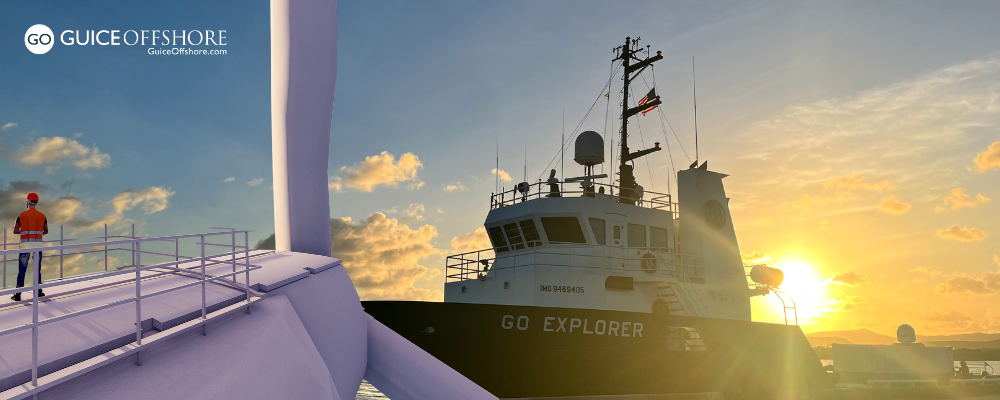Offshore wind could be coming to U.S. territories in both the Pacific and Caribbean areas by 2028. The Bureau of Ocean Energy Management (BOEM) has called for research ideas that would help ensure offshore energy activities in these areas are conducted in an environmentally and socially responsible way.
To formally request ideas for baseline environmental and socioeconomic studies, the bureau has issued a request for Letters of Interest (LOI). BOEM is also issuing a Request for Information (RFI) to determine which entities in the U.S. territories have capabilities, expertise, and interest in performing environmental monitoring and studies in the U.S. territories.
Research topics are listed in the above hyperlinked documents. The purpose of these solicitations is to identify cooperative research in the U.S. Territories that will instigate the sharing of information, the joint utilization of available expertise and the potential development of monitoring arrangements to support the offshore wind energy as practicable and statutorily appropriate. BOEM anticipates cooperative agreement to be awarded across multiple disciplines and research to be funded in U.S. Territories in both the Caribbean and Pacific.
The deadline for responding to the LOI and RFI is August 23, 2024.
BOEM is seeking ideas for baseline environmental and socioeconomic studies to inform BOEM’s decisions on potential offshore wind energy activities in the U.S. territories, as well as information on entities in the U.S. territories that have the capabilities, expertise, and interest in carrying out environmental monitoring and conducting studies.
“BOEM develops, funds, and manages rigorous scientific research to ensure our decisions are informed by the best science and Indigenous knowledge available,” said Dr. Rodney Cluck, Chief of BOEM’s Environmental Studies Program. “Additional research focused on the U.S. territories will increase our understanding of these important areas, and the potential impacts of offshore wind energy development on their residents and resources.”
The June 18, 2024 announcement follows the release of a new five-year plan for offshore wind leasing announced by U.S. Secretary of the Interior Deb Haaland in April.
The United States currently has five inhabited territories:
And nine uninhabited ones:
- Baker Island
- Howland Island
- Jarvis Island
- Johnston Atoll
- Kingman Reef
- Midway Atoll
- Navassa Island
- Palmyra Atoll
- Wake Island
- Bajo Nuevo Bank (claimed)
- Serranilla Bank (claimed)
BOEM is responsible for managing the development of U.S. Outer Continental Shelf (OCS) energy, mineral, and geological resources in an environmentally and economically responsible way. A critical component of BOEM’s mission is protecting the environment while overseeing the development of OCS resources. The Bureau’s geographical responsibility increased substantially with the passage of the Inflation Reduction Act (IRA) of 2022, which expanded the definition of the OCS and directed BOEM to consult with governments of the U.S. territories on the suitability and feasibility of offshore wind energy development. BOEM is using funds provided to the Department of the Interior by the IRA for the baseline environmental and socioeconomic studies in support of understanding the potential impacts from offshore wind energy development in the U.S. territories.
BOEM’s Environmental Studies Program develops, funds, and manages rigorous scientific research specifically to inform policy decisions on the development of energy, mineral, and geological resources on the OCS, as required by law. This environmental and social science research is designed to provide BOEM the necessary information to assess, predict, monitor, and manage potential environmental impacts of the activities it authorizes.



